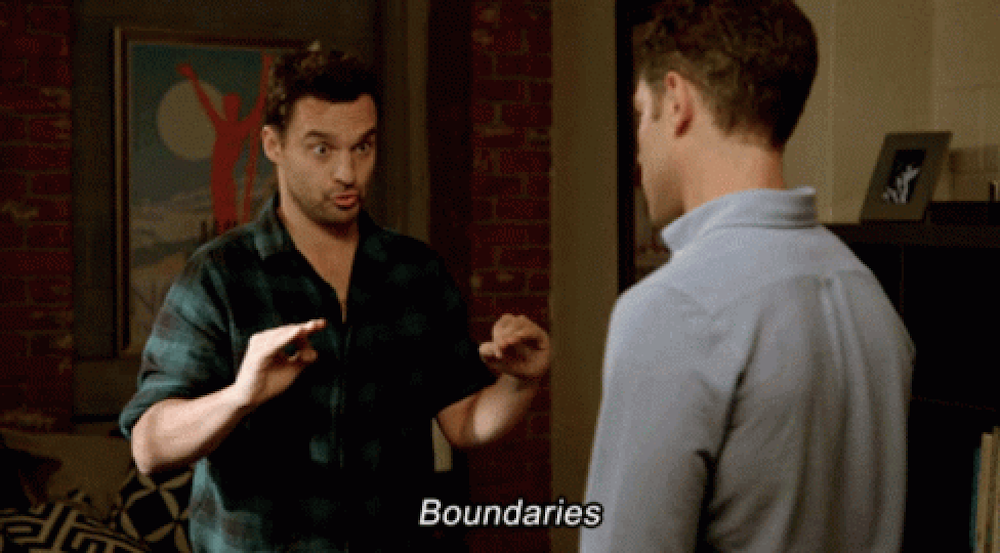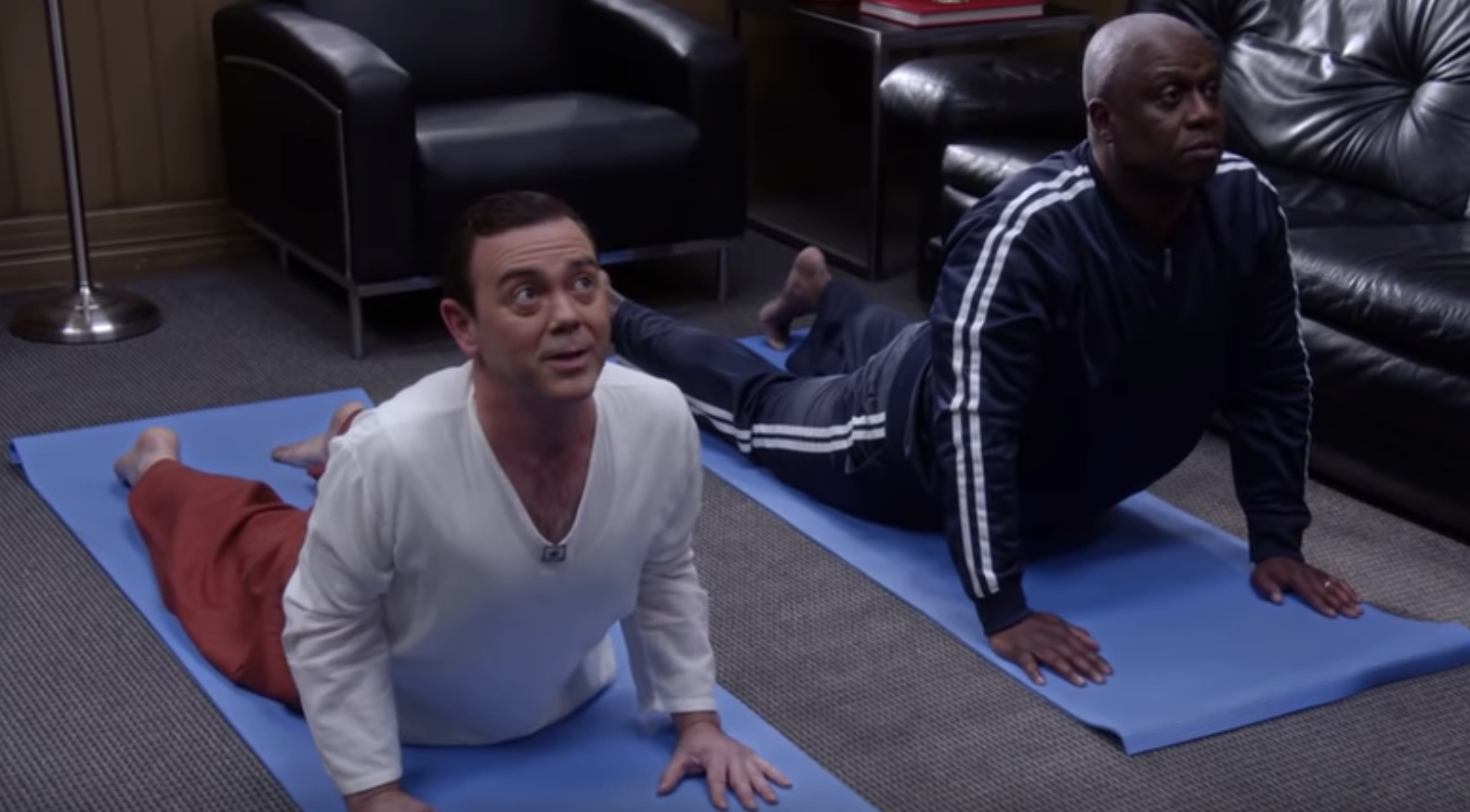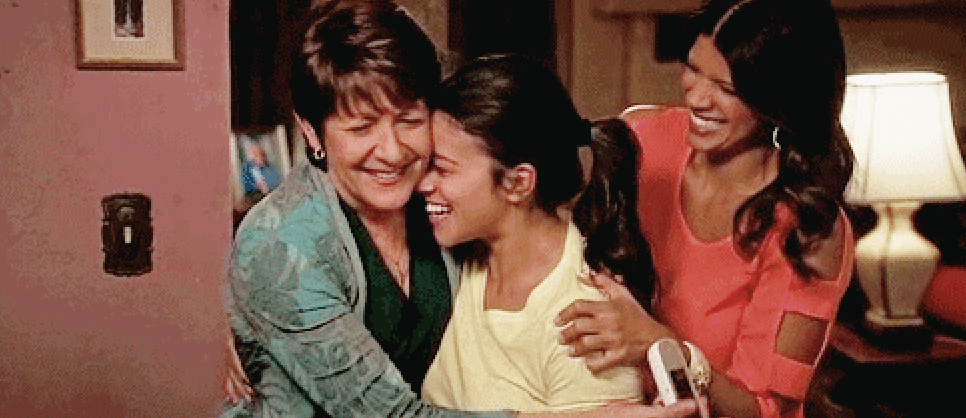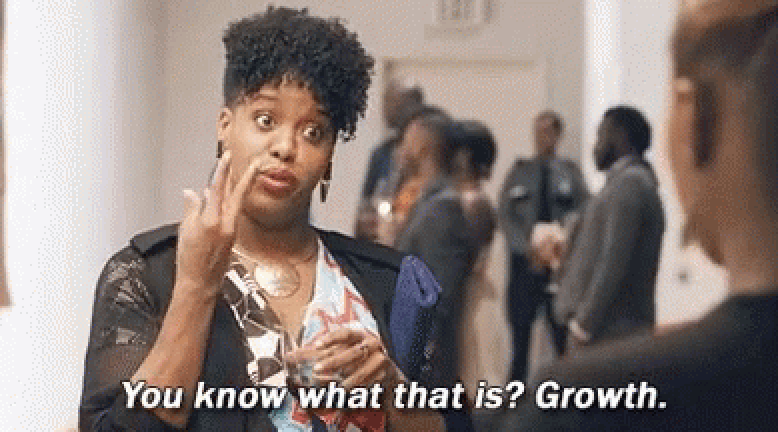We asked the BuzzFeed Community to tell us what mental health questions they had during this difficult time, and we had an actual therapist answer them.

Here are some tips from Clinical Psychologist Dr. Judith Zackson you might find helpful while social distancing, quarantining, and self-isolating during the coronavirus.
DISCLAIMER: These methods and strategies aren't universal to everyone's mental health — every individual's experience is different, so only try what you believe is best for you. Some questions also include topics of eating disorders, depression, and death.
1. Q: "How do I fill the void for in-person social interaction when it's not a possibility right now?" —sierrao44
A: "First it's trying to understand what your social interactions were like prior to COVID-19, and the quality of those interactions. There's a physical interaction and an emotional interaction, so the question is, 'How could you learn to deepen a conversation when the person isn't next to you?' This situation can expand the emotional interaction because you're forced to listen more. During a pandemic or any trauma, it's a wake-up call for people to think of what's important to them, so the interactions we have during this time can be more meaningful if we work on them."
2. Q: "As a naturally positive person, I'm struggling to support my friends and family. How can I build others up without letting them bring me down?" —lizzgold
A: "You want to try to modify your goals and understand you're not going to be able to help a depressed or anxious person. You have to recognize what your limits are as a human being because you're not trained how to treat people through COVID-19. But, you should know the little teaspoon of help you're offering is useful, even if you're not fully helping them come out of their funk."
3. Q: "I'm currently working from home and finding it difficult to be productive while I have other family members constantly around me. What's the best way to handle them?" —Anonymous
A: "You have to try your best to create your own inner peace. Serenity is peace within the storm, so make boundaries that are healthy for you. You can put a sign on your door to remind them you're working, and the hours it's acceptable for them to come in and have a conversation. You have to be ready to tell them a million times a day what you need, and do what's good for you. You also have to say to yourself, 'I forgive myself for not doing the greatest work because I'm home, I'm afraid of COVID-19, and it's OK to produce whatever I'm able to, given the situation."

4. Q: "How do you deal with no support whatsoever? Psychologists and support centers have closed their doors, so how do I get the help I need?" —theworldofatataxy
A: "There are online services available to people all over the world, and Zackson Psychology Group's virtual doors are open. Some people find they prefer sessions on the phone or via Skype because some people have a hard time being in the presence of a therapist. They find it really comforting to have therapy in their beds or on their couches. But, there is a lot of help out there — if you go to the American Psychological Association's website, they're currently offering a lot of tips. It might not be easy to find the right therapist during this time when you don't normally meet with one, but it's doable and you have a variety of choices. It's important to know you have to be your own advocate and cheerleader, and eventually you'll feel really connected to yourself."
5. Q: "How do I, a senior in high school, stay calm during all of this? I'm having a hard time finishing school when there's no rewarding end of high school events, like going to prom or walking at graduation." —mmc50
A: "Everything that's been valuable has been taken away and modified, but this pandemic is also a great teacher. In life we face challenges and unexpected things happen, and it can teach you to become a stronger person. Maybe there's a way you can celebrate your accomplishments at the end of the year online, so when you look back 10 years from now, you'll know your graduation still had meaning and it wasn't like any other day."
6. Q: "What are some hobbies, besides watching TV, that are good for the body and mind during this time?" —Anonymous
A: "Meditation can be helpful because it's about the here and now — it tells us worrying about the past and future isn't going to help you, if you're able to stay in the present moment. Meditation helps you be at peace with yourself and enjoy your own company, and not doubt when you're in isolation. It gets us to accept what is."
"When you're forced in isolation, it's also a good time to go from the external to the internal. You're forced to look within, and focus on personal growth in the body and mind. You can take a walk, exercise inside your house, and declutter your brain to reevaluate what's important. Whether it's through meditation, therapy, or reaching out to friends and family, how can you become a stronger person within? You can think of this time as not being stuck inside, but being safe inside."

7. Q: "Due to lockdowns and living in different places/countries, mourning for loved ones is very difficult. How can we deal with the loss when we can't set the proper arrangements to say goodbye?" —jpizzacat
A: "It's extremely difficult to feel helpless and powerless — try your best to make meaning for yourself and the person who passed away. You want to create your own value of how you can do your private mourning — and mourning is difficult right now because we're bombarded with this pandemic. It's OK to feel broken, and it's OK to reach out for help because help is so important. Reach out to a friend or a family member, and if that doesn't work, you might need professional help and there's absolutely nothing wrong with that."
8. Q: "I'm quarantining by myself and I'm feeling really isolated. How do I deal with loneliness?" —elhm
A: "One way to handle isolation is to calm yourself down by learning how to do a self-hug. You cross your arms over your chest, and tap your fingers on your shoulders — people also call this The Butterfly Hug. We're also so lucky to be living in this time of social media, so you can call anybody at any time around the world for interaction."
9. Q: "I can feel myself getting back into my disordered eating habits, as I'm now working out each day and not seeing any difference in my weight. How can I stop myself from spiraling about this?" —cicelyt99
A: "An eating disorder, like any addiction, usually exists because you feel powerless and anxious. This uncertain time is bringing everyone's anxiety to the forefront — it's unfortunately hard to get away from. If you had these difficulties prior to COVID-19, now is the time to reach out for professional help if you haven't before. If you want to try doing it yourself, you can, but know you can only do a little at a time. If you've been running to your eating disorder and did something that isn't healthy for you, you have to forgive yourself. The worst thing to do is give up."
10. Q: "What's a good way to support someone with severe anxiety and depressive issues without being with them physically?" —roscuro72
A: "Being physically connected and emotionally connected are two separate things. You can always be emotionally present, and you can be physically there and feel really isolated. It's a good thing to understand the closeness and bond you have with someone, and that it's internalized. If the bond was there prior to COVID-19 and it's secure, then emotionally you'll be able to be support each other."

11. Q: "I have additional responsibilities now because my children are doing Distance Learning (with specific assignments and meetings), but both my kids have special needs and can't work on their own. My husband and I are both working from home, and he is extra busy. How do I deal with this additional stress?" —alicec4
A: "You really want to think of the children, and recognize they won't do their homework like they normally do. Think of the bigger picture, and what will make your family healthy — don't focus on your children doing the assignment perfectly, because they might not. Instead, they might have a good day and get more love and self-esteem from you, and that's just as valuable. It's also OK to tell your children you and your husband have to work — make a schedule and make a block for: 'Parent Time.' Put away your work for an hour and make your children feel special, but also teach them everyone is trying their best."
12. Q: "The coronavirus is all my friends talk about — what's the best way to shift the conversation without them thinking I'm disregarding their feelings?" —Anonymous
A: "They want to talk about it because they want to process it with you, but fear is a motivator and it can transform you into becoming stronger. The best way is to help your friends understand what's happening with COVID-19, but also ask them how you can all learn to grow from it. The challenge is to stay positive and hopeful, and if you're able to acclimate with this newness, you can become creative and eventually build the psychic muscle you already have."
13. And Q: "How do I keep going in the absence of hope? How do we get up every day and go about our lives without breaking down with grief over the constant stream of tragedies?" —sf7312
A: "This is definitely a difficult time, and we're living in uncertainty, but the best way to stay hopeful is to look within yourself. We can really take in the disaster that's happened, and also remember we're always living in uncertainty. The trick is to have a strong emotional core, and a way to achieve that is to go through the Kübler-Ross Five Stages of Grief: denial, anger, bargaining, depression, and acceptance. I'd add a sixth stage, which is putting meaning to your life — the faster you can do it, the faster you'll be able to appreciate yourself and the present moment, and not see it as loneliness. See it as a time where you can transcend and become a stronger person."

And one final note from Dr. Zackson:
"If you're lucky enough not to get ill, let COVID-19 make you stronger and teach you. If you're able to talk about it now while the trauma's happening with your friends and family who are also processing it, you might grow from this and gain Post-Traumatic Resilience. This is a very difficult time we're going through, but if you can, I encourage you to find some kind of meaning in whatever you do."

Dr. Zackson has her own practice, Zackson Psychology Group, in Greenwich, CT, and you can learn more about the current services her group is providing on her website.
Some submissions and responses have been edited for length and clarity.
Unclench your jaw, give your head a roll, and if you need another breather, maybe try these articles for more ideas:
12 Small Ways To Take Care Of Your Physical And Mental Health Right Now
Just 23 Low-Key Great Things To Do If You Need A Quick Break

